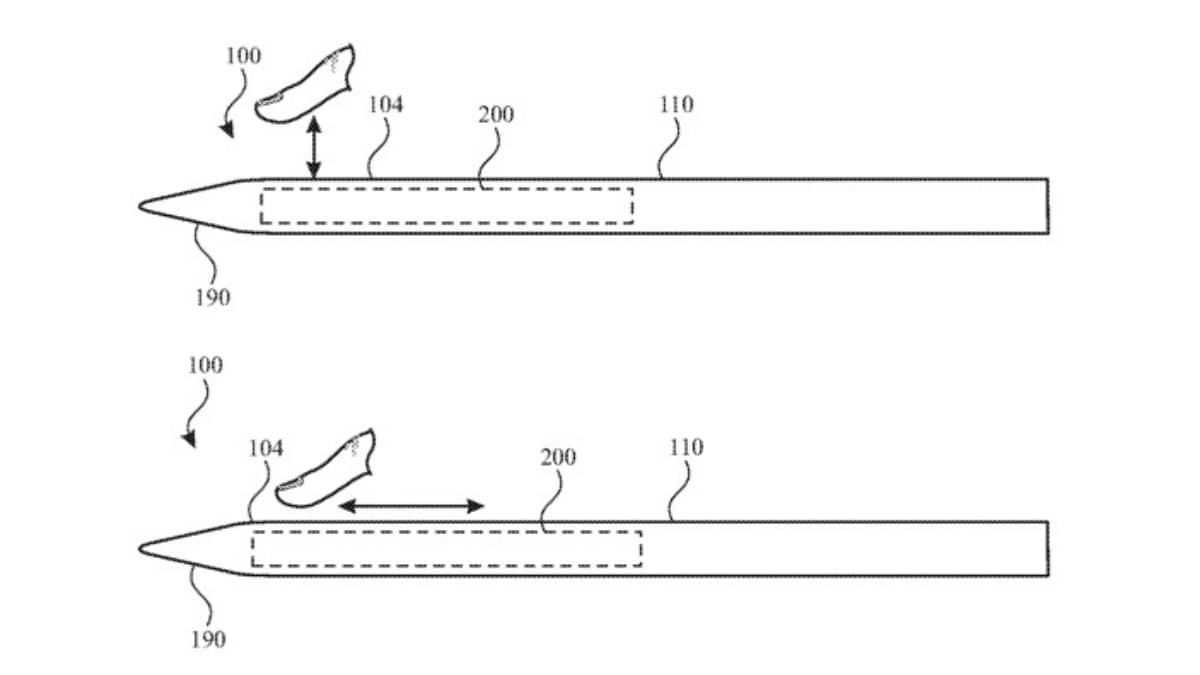In a world where health and well-being are paramount, fitness trackers are also the best companions all paths towards a healthier lifestyle, even for your fitness clients. These great little devices have revolutionized our approach to fitness, helping fitness enthusiasts track and optimize their physical activity like never before. In this article we'll look at the pros and cons of fitness trackers and explore how they can improve your clients' fitness routine while avoiding potential problems.
Advantages of fitness trackers
1. Stay motivated
Fitness trackers act as constant motivators, providing real-time information on your activity levels. The instant gratification of seeing steps taken, calories burned and goals achieved can spark your competitive spirit and push you to your limits.
2. Set and achieve goals
With these trackers you can set personal fitness goals, be they steps taken, distance traveled or hours of sleep. As you achieve each goal, the feeling of accomplishment fuels your enthusiasm to continue, creating a virtuous cycle of improvement.
3. Activity Awareness
One of the biggest benefits is knowing your daily activity habits. Whether you sit for a long time or do cardio activities, fitness trackers help you get an overview of your fitness routines.
![]()
4. Heart Health Monitoring
Many advanced fitness trackers now offer heart rate monitoring, allowing you to monitor your cardiovascular health during exercise and even at rest.
5. Sleep analysis
A good night's sleep is essential for overall well-being. Fitness trackers with sleep monitoring capabilities provide valuable insights into your sleep habits and help you identify factors that may be affecting your sleep quality.
6. Data-Driven Progress
With the ability to track your workouts and track your progress over time, you can customize your exercise routine and nutrition strategy based on solid data. This leads to optimized results and prevents stagnation.
Disadvantages of fitness trackers
1. Questionable Accuracy
Although fitness trackers have made great strides in terms of accuracy, there can still be discrepancies in metrics like step counts or calorie burn estimates. Relying solely on tracker data does not always provide a 100% accurate representation.
2. Relying too much on numbers
Pursuing predetermined numerical goals can sometimes lead to overworking or neglecting other important aspects of fitness, such as flexibility and muscle strength.

3. Privacy Concerns
Fitness trackers collect personal data, and there is always a risk that this data could be compromised or misused. It is important to pay attention to the security of your data.
4. Inaccurate measurements for some activities
Some trackers may have difficulty accurately tracking certain activities, such as strength training or swimming, which could result in skewed progress reports.
You spend a lot of time motivating your customers. If activity trackers are going to help your customers achieve their goals, then you need to do everything you can to boost your efforts! This is where your fitness software comes in.
With the Mindbody app integration, your customers can sync their Fitbit or Apple Watch and see their hard work in the app. Every time they book a class or session and train with you, the Mindbody app shows the effort they've put in and motivates them to continue exceeding their fitness goals.













